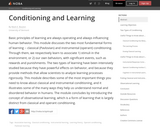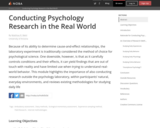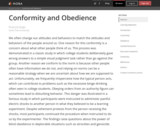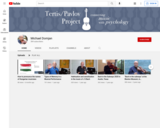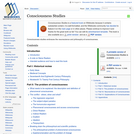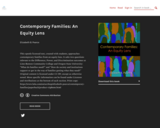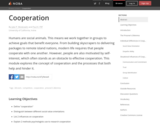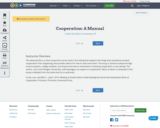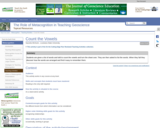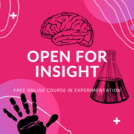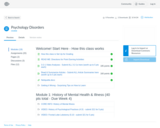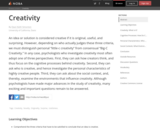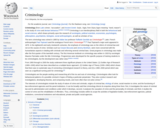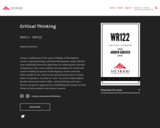
Short Description:
Este cuaderno introduce a los profesores en conceptos clave de la Ciencia del Aprendizaje (es decir, la neurociencia cognitiva). El libro es el resultado de un proyecto europeo y su contenido se ha compilado a partir de talleres de desarrollo profesional continuo para profesores. El libro sirve principalmente para proporcionar una extensa lista de referencias para aquellos que buscan profundizar su conocimiento sobre la ciencia que subyace en cómo aprendemos.
Long Description:
Conceptos de la Ciencia del Aprendizaje para Docentes (proyecto Illuminated) introduce a los profesores en conceptos clave de la Ciencia del Aprendizaje (es decir, la neurociencia cognitiva). El libro es el resultado de un proyecto europeo y su contenido se ha compilado a partir de talleres de desarrollo profesional continuo para profesores. El libro sirve principalmente para proporcionar una extensa lista de referencias para aquellos que buscan profundizar su conocimiento sobre la ciencia que subyace en cómo aprendemos.
El ebook está disponible en inglés, español, finlandés, griego y portugués.
Please cite as: Beardsley, M. & Ruiz-Mejías, M. 2020. Conceptos de la Ciencia del Aprendizaje para Docentes (proyecto Illuminated)(1st ed.). Obtenido de https://illuminatedes.pressbooks.com/
Word Count: 20327
(Note: This resource's metadata has been created automatically by reformatting and/or combining the information that the author initially provided as part of a bulk import process.)
- Subject:
- Education
- Psychology
- Social Science
- Material Type:
- Textbook
- Date Added:
- 09/05/2020
